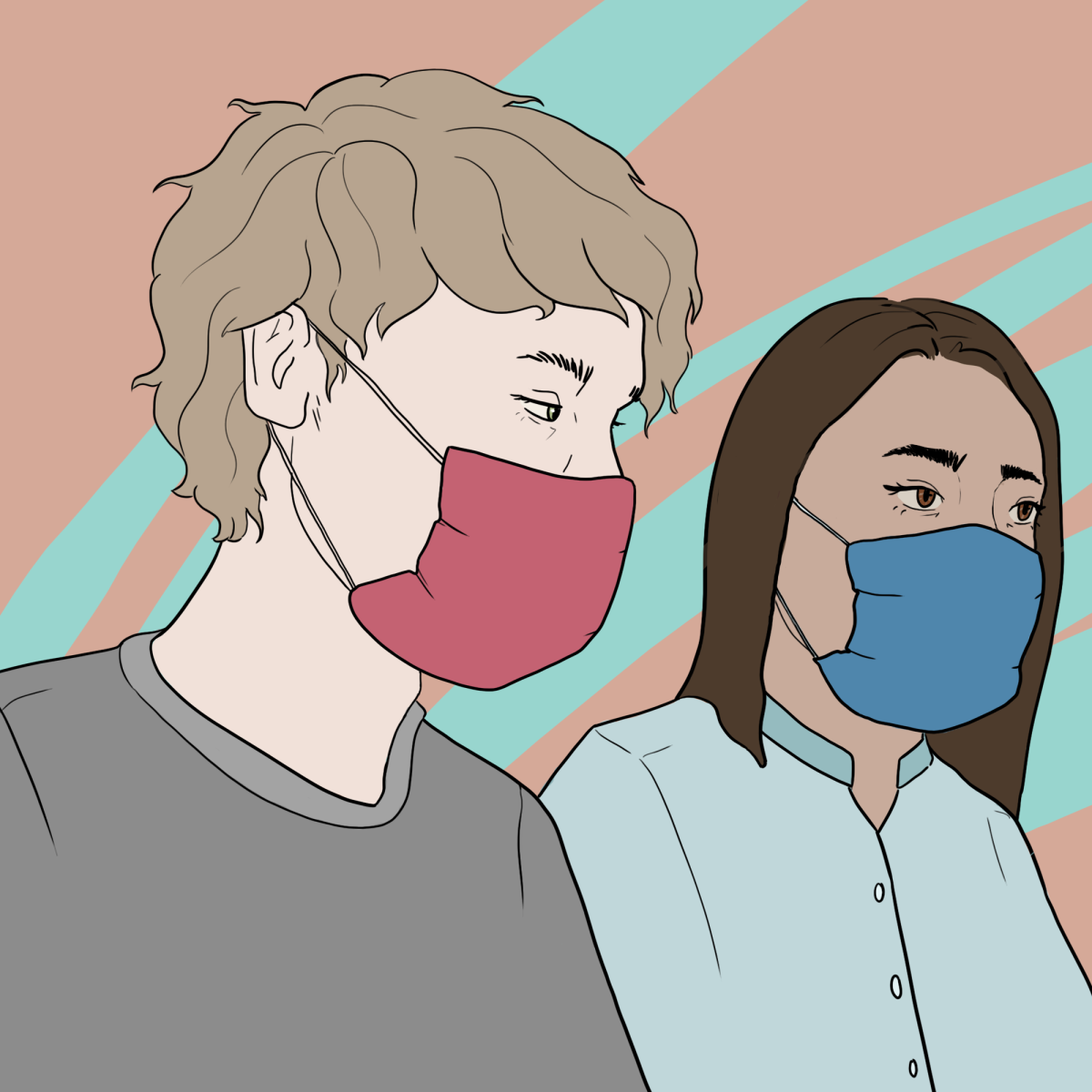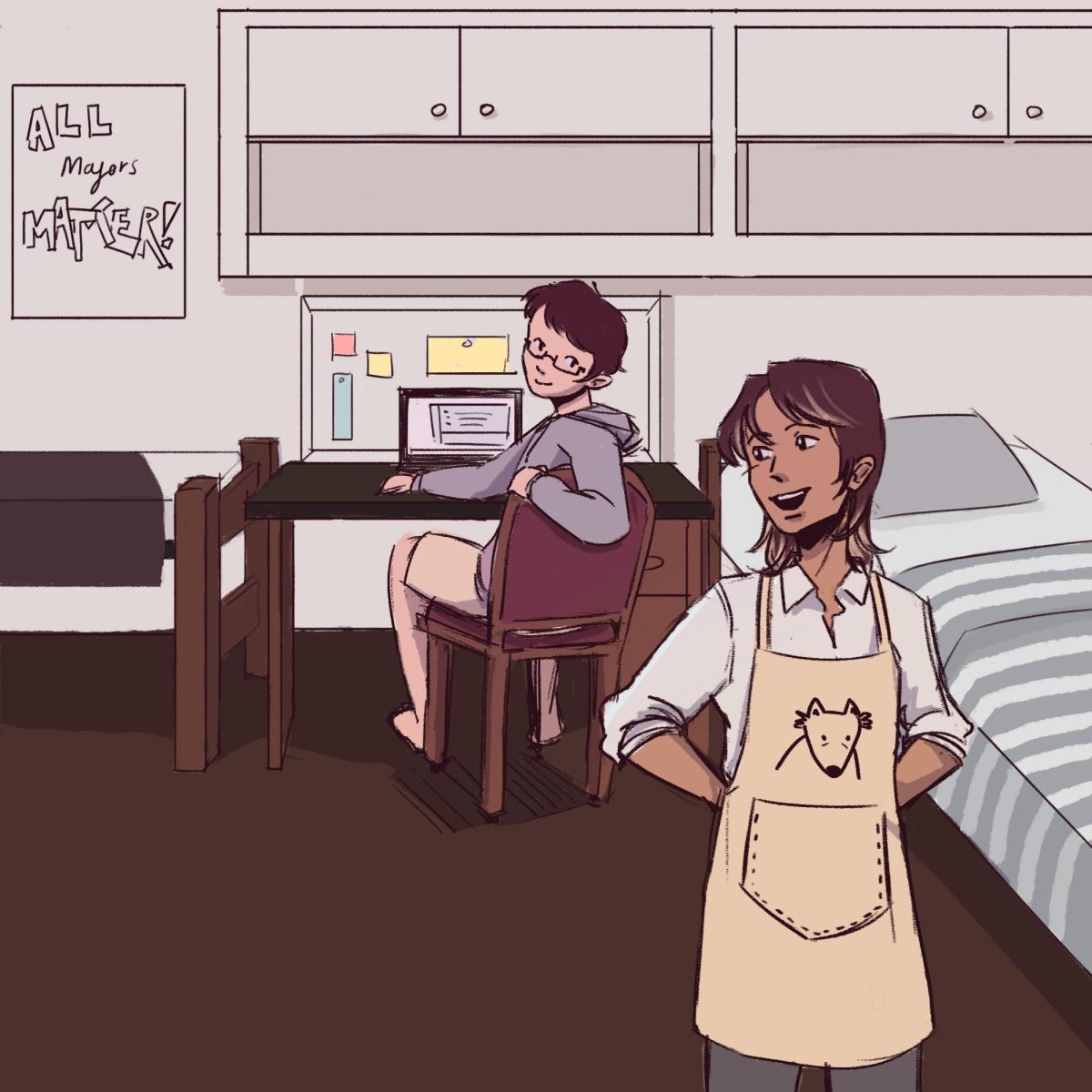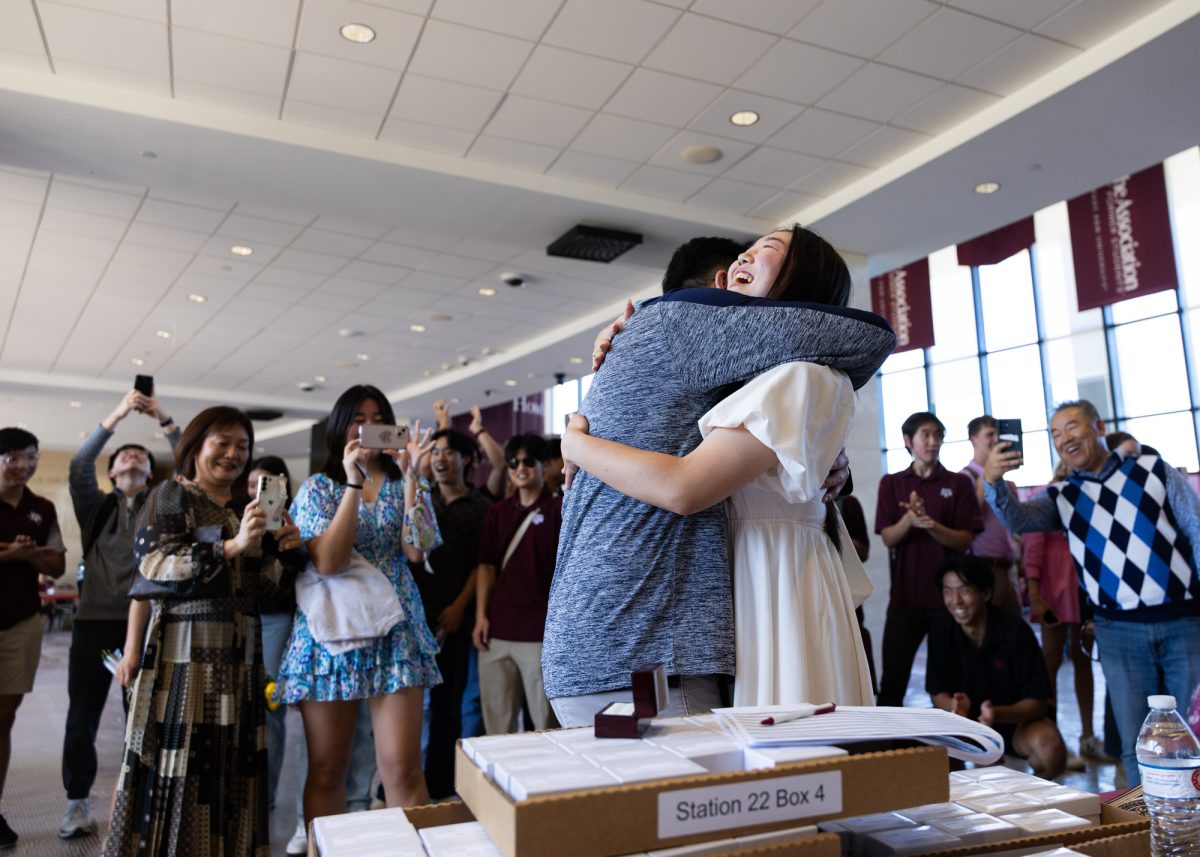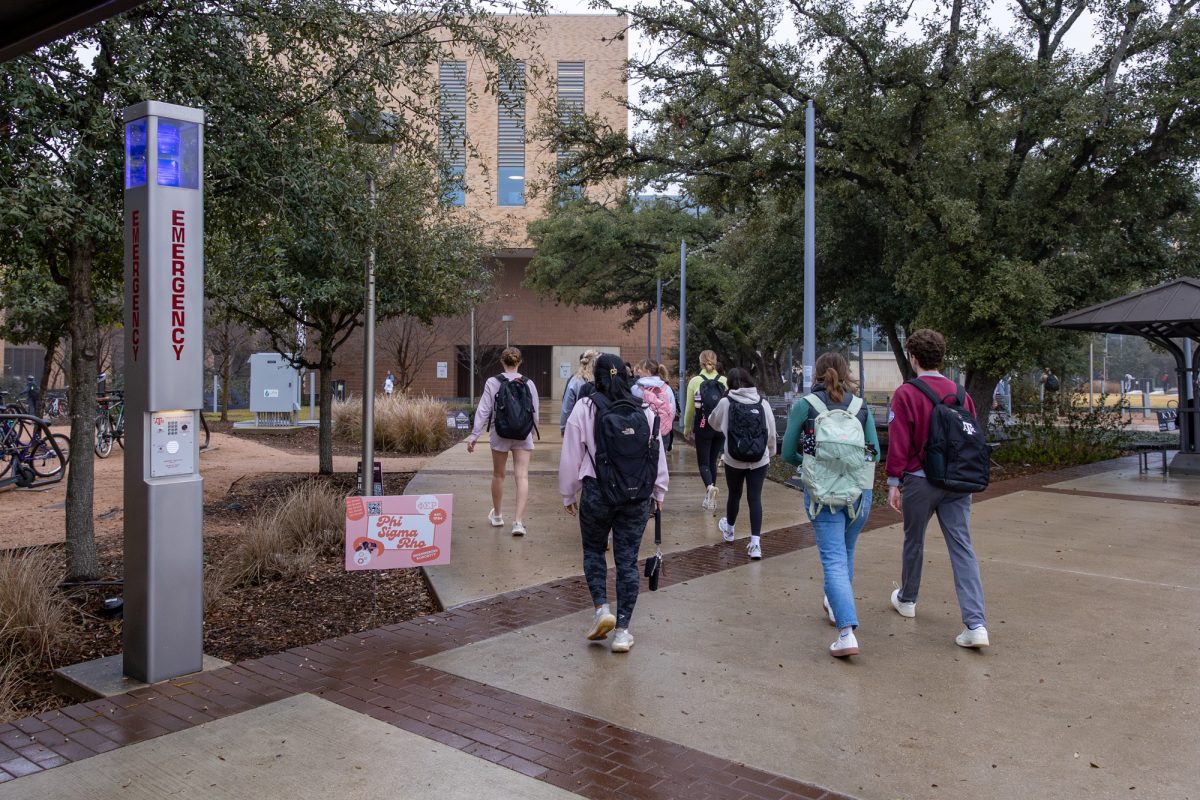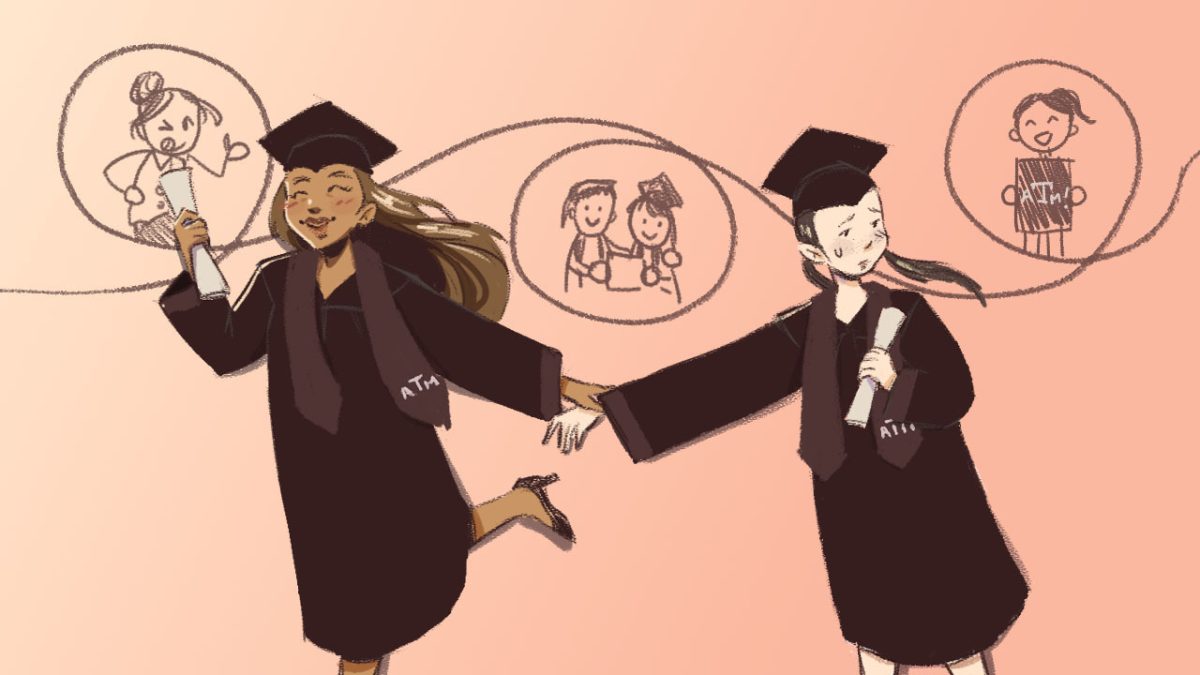The COVID-19 pandemic needs little introduction. As of Aug. 26, it has killed nearly 180,000 Americans and rendered our lifestyles essentially unrecognizable. Many of us have worked diligently to stop the spread by wearing masks, social distancing and more frequently washing our hands. Some of us have gotten tested when necessary, donated plasma or, in my case, joined an experimental COVID-19 vaccine trial.
On the other hand, whether one is walking around on campus or scrolling through social media, it’s almost impossible to avoid people flouting COVID-19 mitigation strategies. In Aggieland and around the country, college students have been treating this semester as if there wasn’t a pandemic going on, rejecting masks and social distancing guidelines.
It’s natural to be angry at those not taking COVID-19 seriously. This situation is largely out of our control, and the control we do have seems to easily slip away every time we turn on the news. By shaming or publicly ridiculing those violating COVID-19 guidelines, in what has been dubbed “COVID-shaming,” that control appears to be regained. It’s a heady feeling. One Texas A&M-based Twitter account has taken this schadenfreude — this pleasure in the public humiliation of others — to the extreme, frequently posting images of large gatherings or unmasked groups, many of which are slanderous or taken out of context.
Aside from the possible moral and legal issues, the fundamental problem with COVID-shaming is that it doesn’t work — on both sociological and epidemiological levels.
Public shaming and humiliation have been a part of self-policing for thousands of years, and they’ve often found their way into law enforcement. This system has always been cruel and immoral (even under normal circumstances), but at its worst, it devolves into mob justice, and in the wrong hands the results are chaos and fear. Just consider France’s Reign of Terror, which resulted in the deaths of 40,000 people, most of them innocent.
Many societies, including ours, have rightly moved away from this level of brutality but have instead embraced a far more subtle form of shaming that’s equally damaging to social unity. The modern mob may not literally be out for blood, but it is in search of moral purity. Empowered by the internet and social media, even minor mistakes are treated as unforgivable sins, and good people can have their lives and reputations ruined with a quick tap on the phone.
In the context of COVID-19, this can come in a variety of forms: from Aggies cyber-bullying a sorority member for expressing her frustration about a confusing and stressful quarantine order to students spreading damaging rumors based on nothing more than hearsay. Instead of being a matter of public health, the mob treats pandemic restrictions like a moral certainty. As such, anything other than strict adherence makes one an undesirable and a danger to society. No one appreciates being labeled a horrible person, especially not by a complete stranger. When someone is publicly scolded, especially when the perceived infraction is innocuous, unintentional or based on changes in scientific understanding, it is likely that they (at best) will stop listening or (at worst) will do the opposite of the scolder desires. It’s this intrinsic component of human nature that makes COVID-shaming and public ridicule ineffective in changing problematic behavior.
Much of the attention of COVID-shamers is centered on mass gatherings outdoors (presumably as a result of them being public), with visitors to pools, backyards, outdoor courts and beaches being frequent targets of ridicule. It is unquestionable that the individuals in the above examples are not being nearly as safe as they could be, but they are also much safer than they would have been had the gathering been indoors. The embarrassment of the COVID-shaming won’t encourage them to change their behavior; it will only serve to drive the same behavior into a much quieter, much more dangerous setting.
Neither yelling at someone at the grocery store nor posting a viral Twitter thread will stop the spread of COVID-19. Harassing fraternities and sororities won’t help either. COVID-shaming makes the spread of the disease worse, as the negative attention forces previously outdoor and public gatherings to become indoor and private, making them much more susceptible to disease spread.
Is it okay to have a conversation with a close friend about their lack of precaution? Sure! If they are truly your friend, your opinion will matter to them, and you can have a reasonable discussion thereafter. But before you take a snapshot of a volleyball game in order to COVID-shame them on Twitter, think about the necessity and consequences of your actions first, and kindly offer the volleyball players a mask instead.




